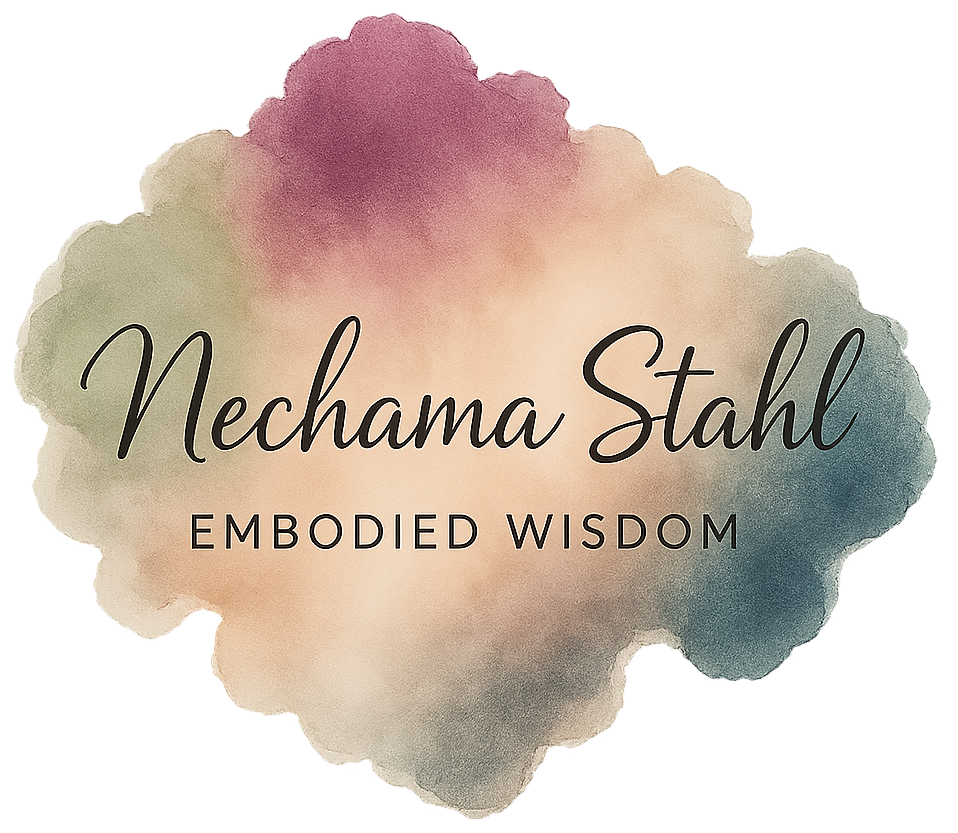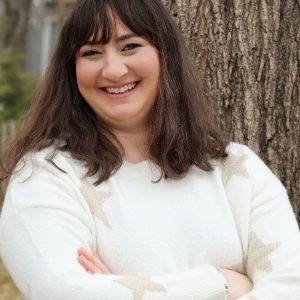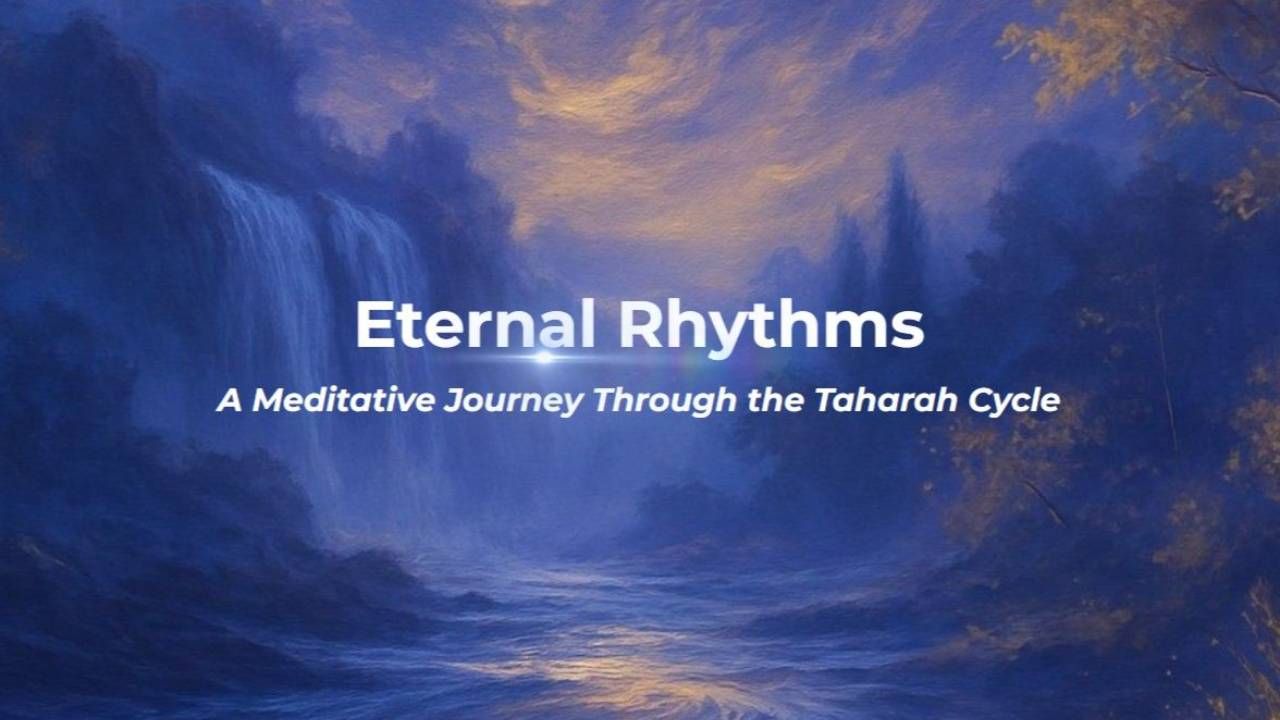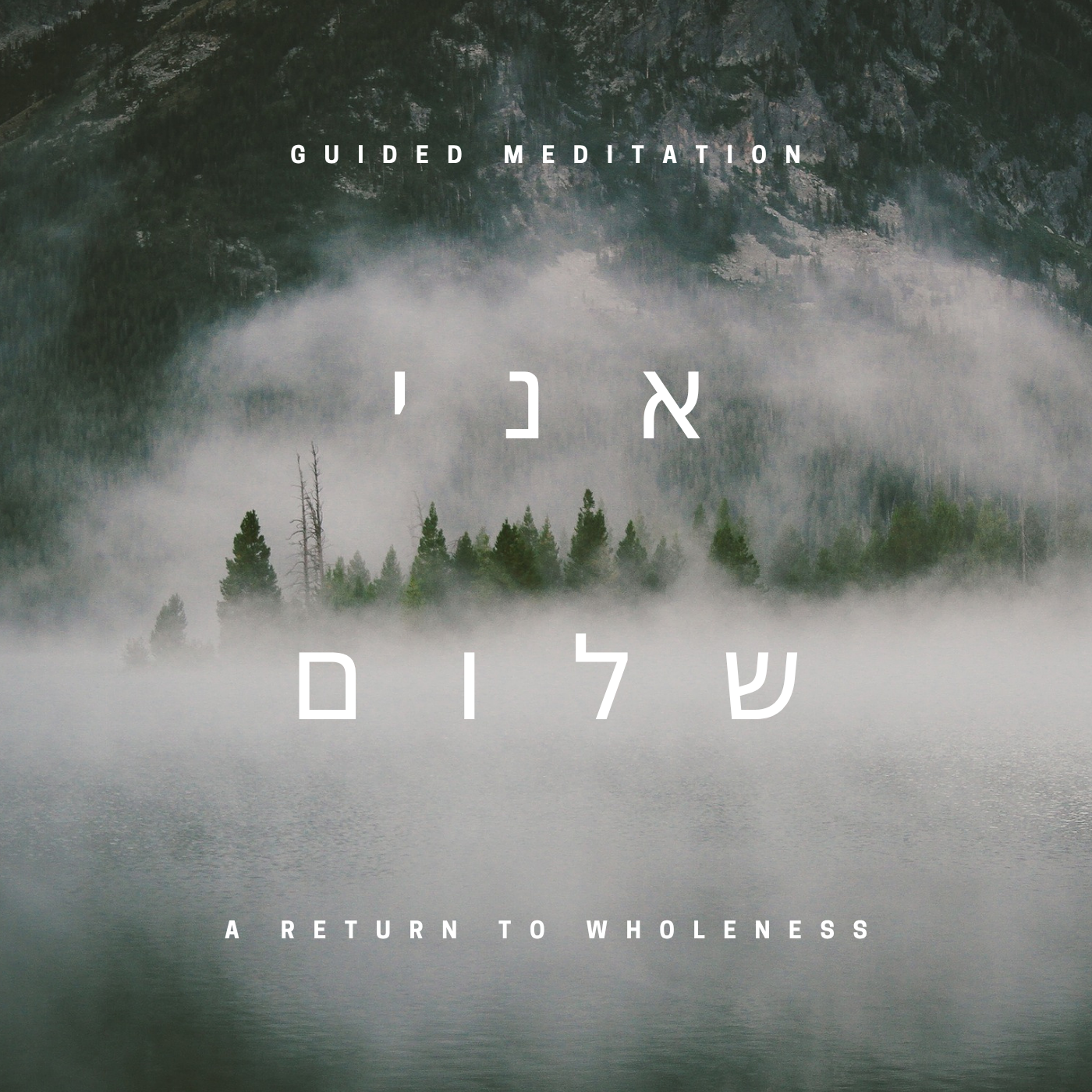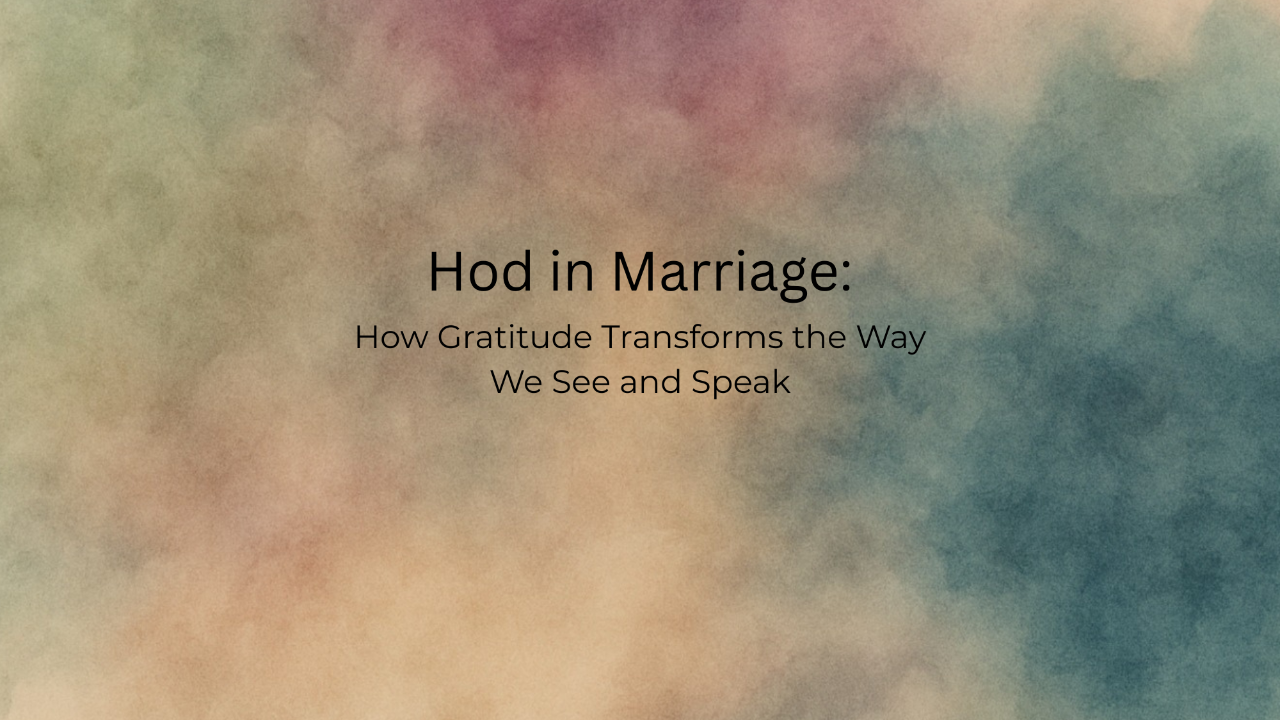
Hod in Marriage: How Gratitude Transforms the Way We See and Speak
May 12, 2025Hod in Marriage: Retraining the Eye to See the Good
This post is part of a series exploring the sefiros, divine attributes that shape our inner world and relationships. Each week, we focus on one sefirah and how it plays out in real life, especially in the context of marriage.
Conditioned to Critique
To quote one of my Rabbis and teachers: “It’s like we’re conditioned haters.”
As that shocking line settled into my system, I started to reflect on how often I default to critique- not necessarily with fire and fury, but with a quiet internal tallying:
-
Who did more?
-
Who remembered?
-
Who forgot?
-
Who didn’t show up quite right?
We see flaws faster than favors. We notice what’s missing before we honor what’s present.
Childhood Patterns, Adult Narratives
I’m the youngest child- by many years.
There were perks: no bedtime, solo time, a fast track to maturity. But there was also a deep sense of being overlooked. Talked over. Taken for granted.
I wasn’t competing with classmates, I was up against birth announcements, mortgages, and aliyah plans.
Somewhere along the way, I stopped trying to be seen. And I started watching. Scanning. Keeping score.
Not just of what I gave. But of what others didn’t.
And that scorekeeping lens? It followed me.
Hod: A New Prescription
Enter Hod- the sefirah of humility, gratitude, and acknowledgment.
Hod doesn’t ask us to ignore pain or pretend everything is fine. It asks us to pause long enough to see the goodness that is there. To let that goodness land. And to say it out loud.
It’s not about denial. It’s about depth. It’s the practice of noticing what’s easy to miss, and naming it.
Practicing Hod in Marriage and Life
Lately, I’ve been retraining my eyes. Not with rose-colored glasses, but with Hod-colored glasses.
I’m noticing:
-
My husband preparing negel vasser by my bed.
-
My daughter baking “just because.”
-
My son running errands without being asked.
-
My mother-in-law sending kugel for Shabbos.
-
My 7-year-old gently wiping the baby’s face.
None of it is grand. But all of it is good.
And when I see it? I try to say it. Out loud. With heart. With thanks.
Your Practice This Week
Notice one small thing someone did for you- and thank them. Not just for the action, but for what it made you feel.
Try this: “I felt so [loved / supported / seen / cared for] when you…”
It’s simple. It’s powerful. It’s pure Hodaya.
Because what a world it could be if more of us wore the same prescription.
Or hey… maybe it’s time for a Hod-LASIK.
Here’s to seeing- and saying- the good.
